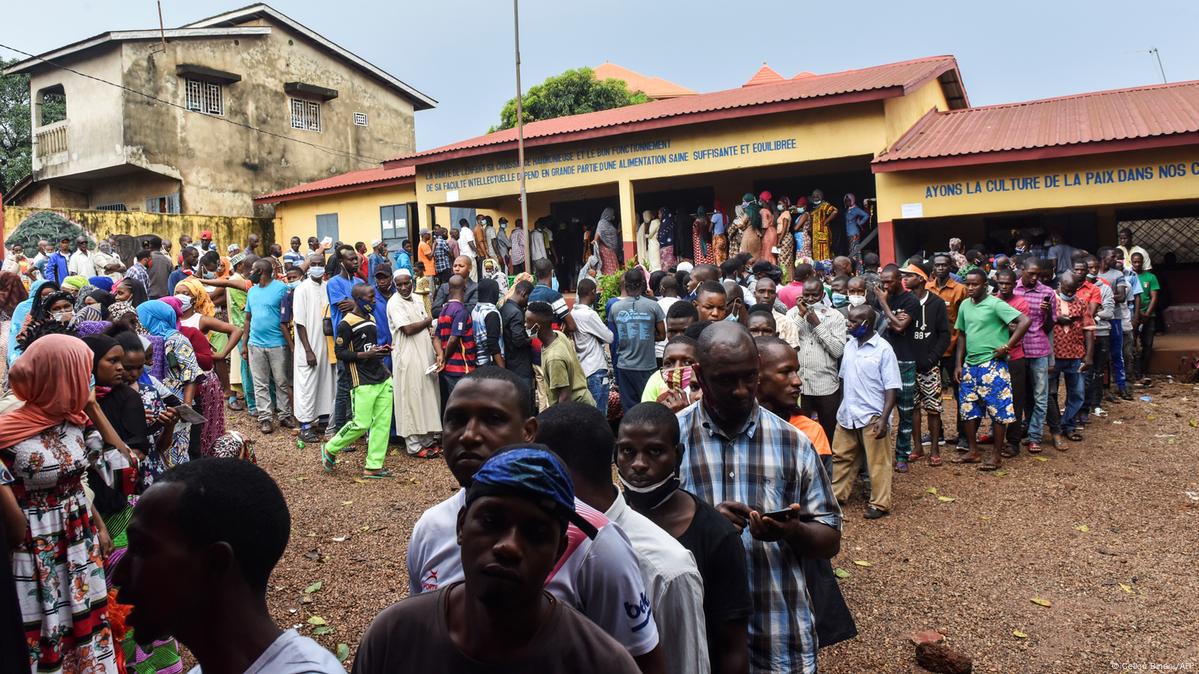
Guineans turned out on Sunday to vote on a draft constitution, which could end a four-year military transition. The referendum also opens the door for junta leader General Mamady Doumbouya, who seized power in 2021, to run.
Polling stations closed after a day watched over by heavy security, marking a vote largely boycotted by the opposition. Some 6.7 million Guineans out of 14.5 million were eligible to cast ballots, with provisional results expected Tuesday evening.
Campaigning strongly favoured the “yes” vote, with rallies, marching bands, and posters glorifying 40-year-old Doumbouya across the country. The “no” campaign existed mainly on social media, largely led by opposition figures living in exile, AFP reported.
Turnout varied widely, with high participation in Conakry’s centre and lower numbers in the central Faranah region, voting was peaceful. Voters expressed hope for an end to military rule and the restoration of constitutional order across Guinea’s diverse districts.
Authorities deployed 45,000 security personnel, 1,000 vehicles, and combat helicopters to monitor the vote amid tensions and intimidation concerns. Since 2022, the junta has banned demonstrations, suspended opposition parties, and restricted media freedom, according to multiple reports.
Many citizens praised the referendum as a step toward stability but criticised the heavy propaganda and visible military presence at polling stations. General Amara Camara, Secretary-General of the Presidency, insisted the draft constitution reflected Guineans’ aspirations, not Doumbouya’s ambitions.
The new constitution would replace the military’s transition charter, which had previously barred junta leaders from contesting elections. If approved, it would legally allow Doumbouya to stand for president, potentially reshaping Guinea’s political future before the year ends.
